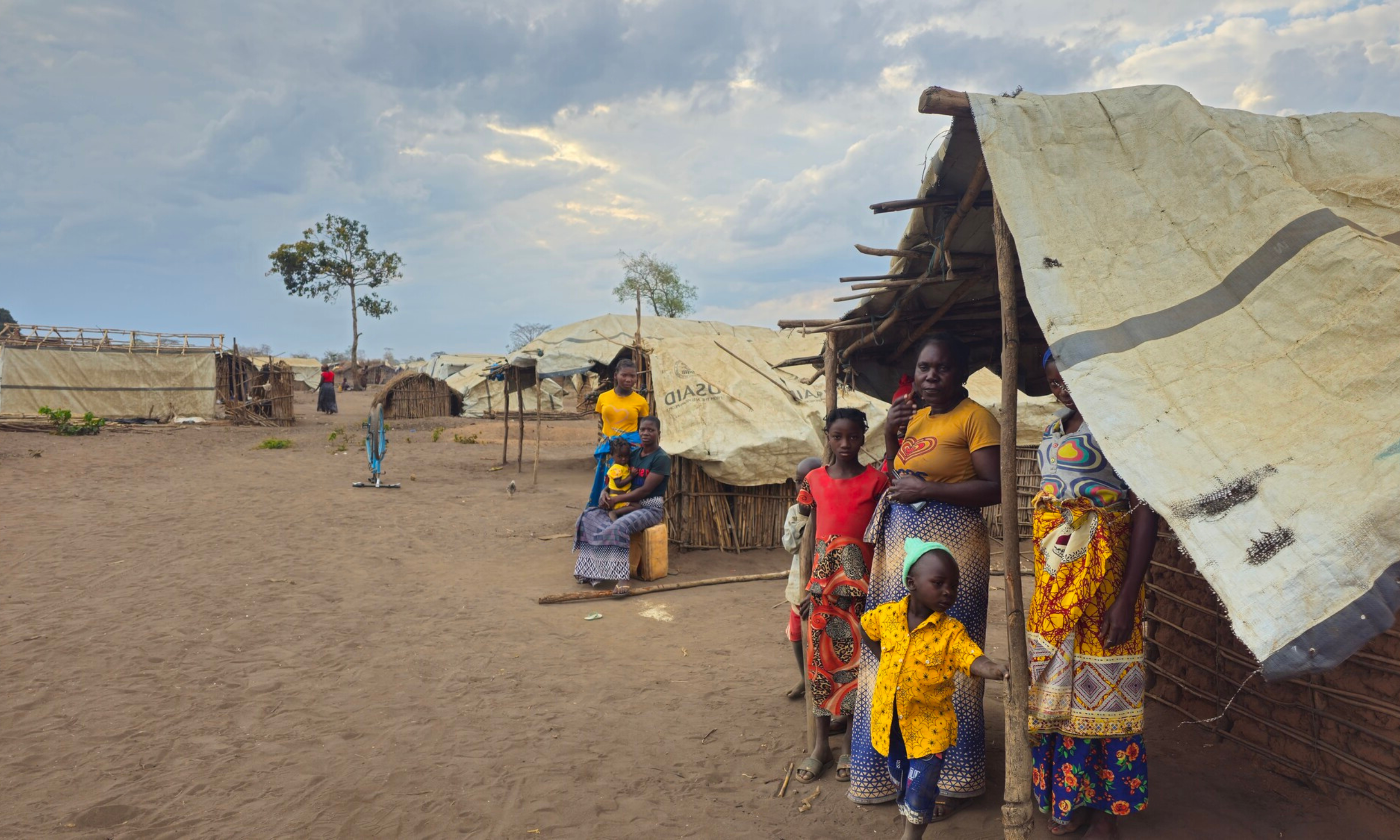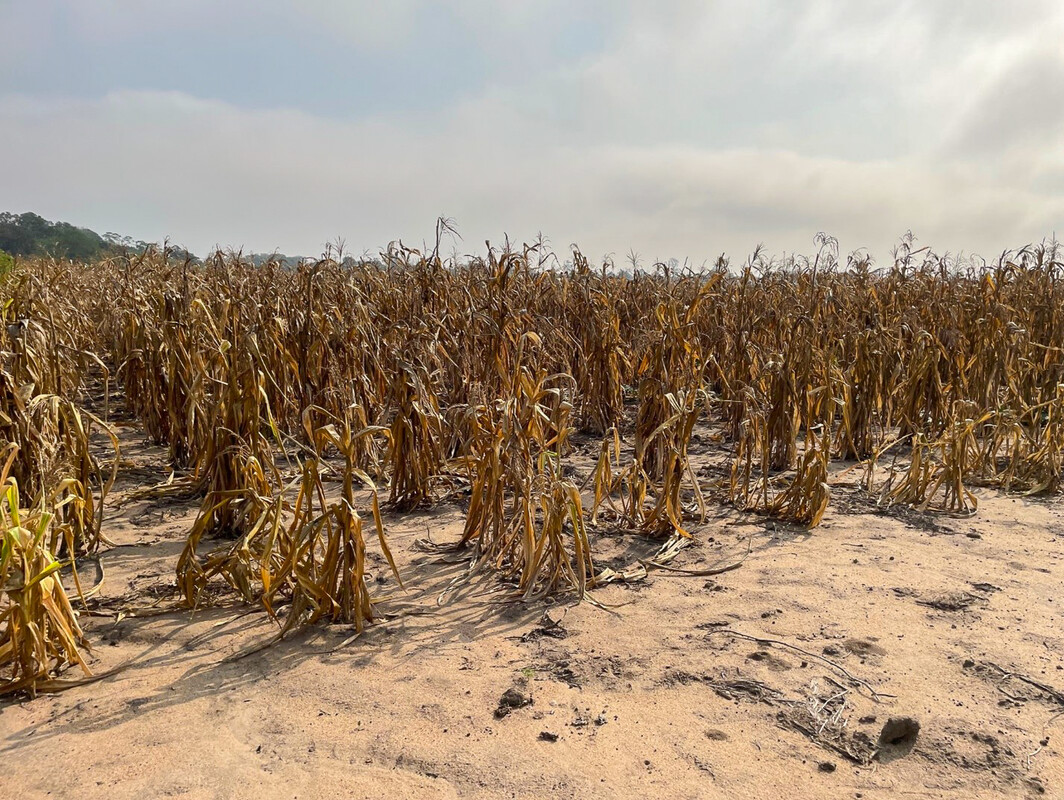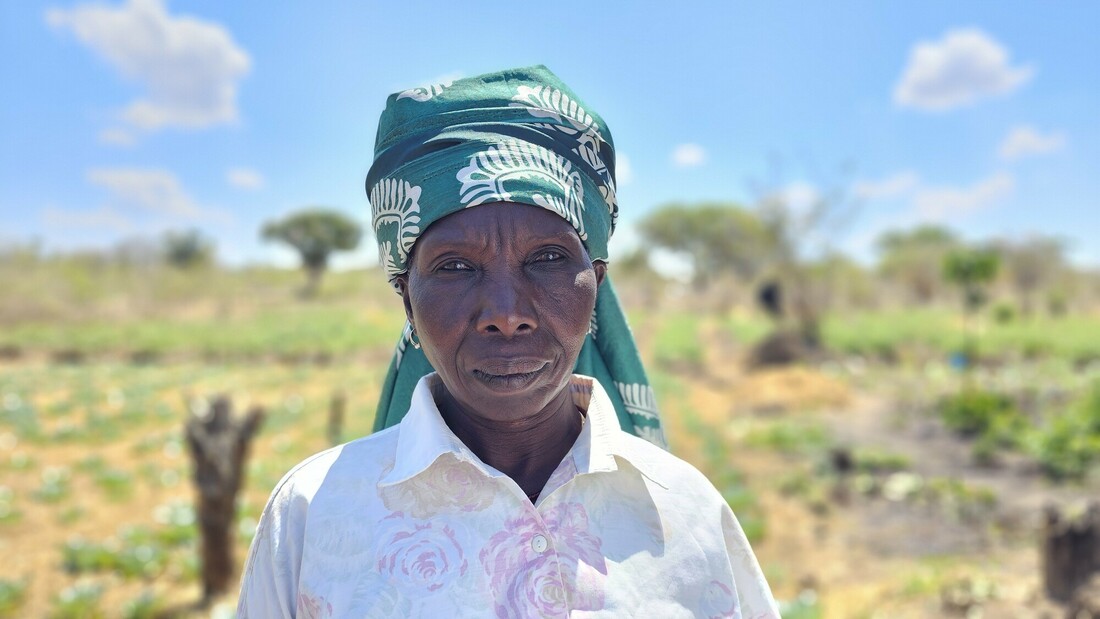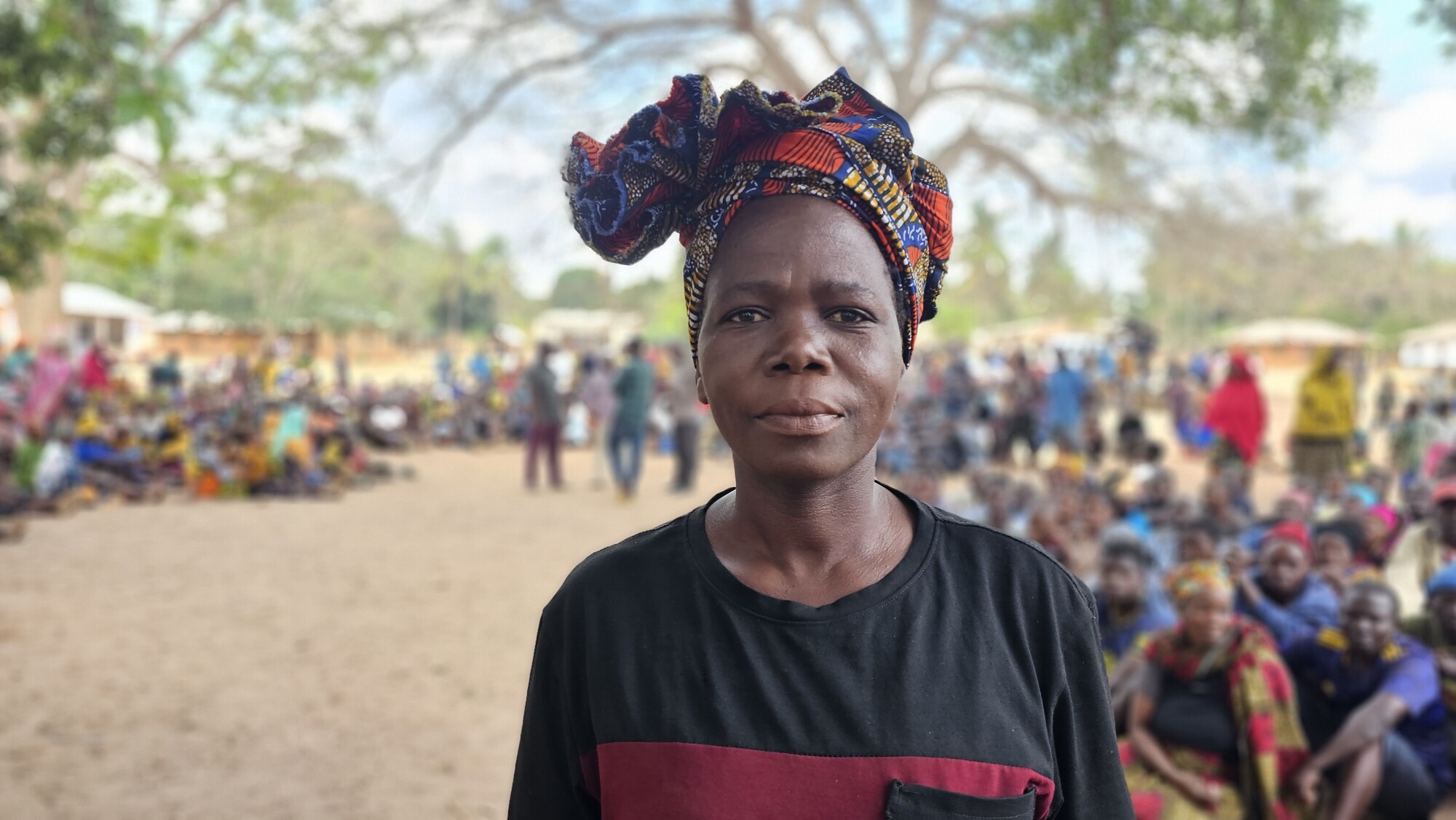History of CARE International’s work in Mozambique
CARE International began operations in Mozambique in 1984, initially focusing on emergency assistance and food distribution for people who were affected by the protracted war between government and rebel forces.
From 1990 to 1994, CARE Mozambique expanded its project portfolio to include disaster recovery and development activities.
In March and April 2019, Mozambique was hit by Cyclones Idai and Kenneth, two of the strongest storms to ever hit the country. The cyclones caused massive damage to infrastructure, including houses, schools, and major roads. On top of this, Mozambique was facing a food insecurity emergency.
In response, CARE International worked with the government of Mozambique to assess the damage and meet immediate needs, including tents and materials for temporary shelter, and hygiene kits to reduce the risk of disease outbreaks. We are working to support longer-term needs through the construction of latrines and by distributing school kits.
What CARE International does in Mozambique
Following the end of the war in 1992, CARE Mozambique shifted towards longer-term development projects in the following sectors:














